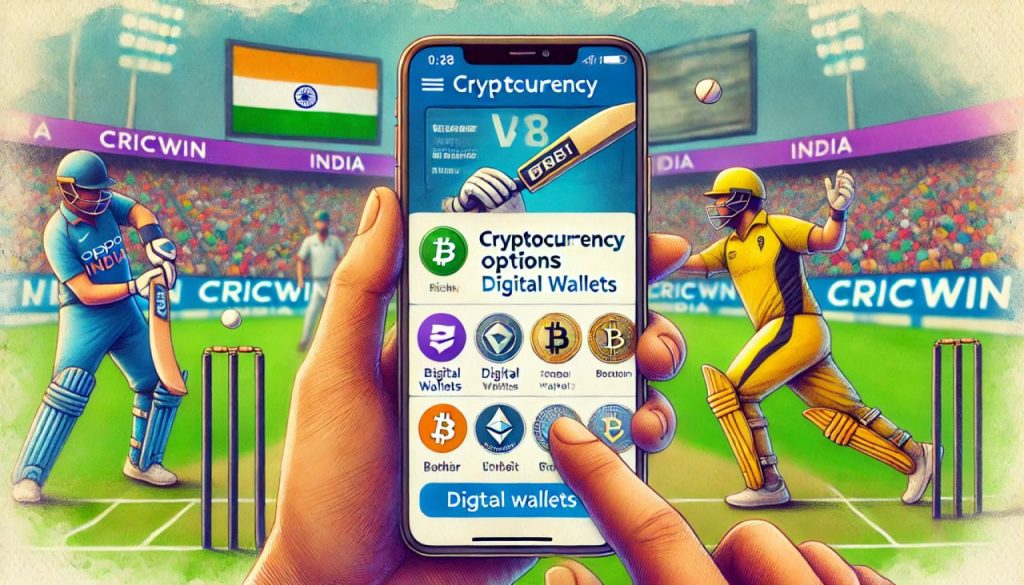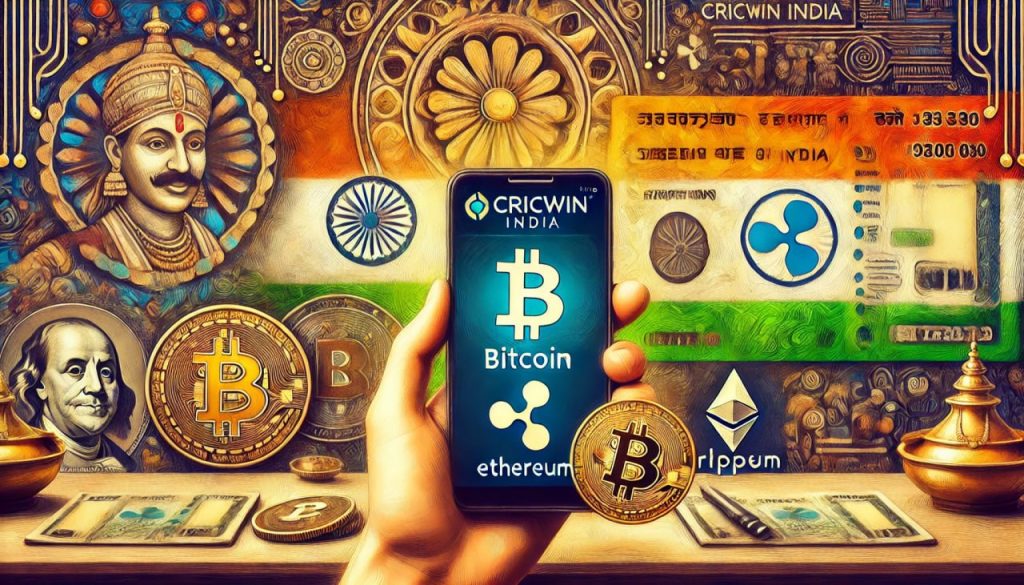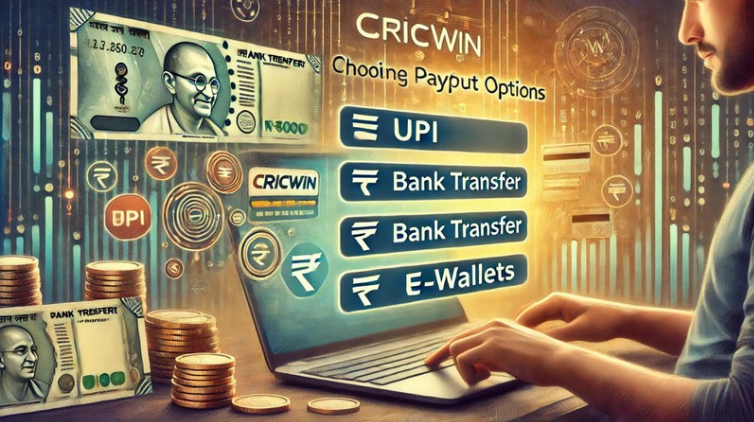AUTHOR-ELIZA FERNZ
INTRODUCTION
In recent years, cryptocurrencies gained significant traction globally, and India is no exception. With its burgeoning tech landscape and a youthful population eager for innovation, the Indian market is ripe for the integration of cryptocurrency payments. This blog explores the emergence of cryptocurrency payments in India, examining their benefits, challenges, and potential future.
Understanding Cryptocurrency
At its core, cryptocurrency is a digital or virtual form of currency that utilizes cryptography for security. Unlike traditional currencies issued by governments, cryptocurrencies operate on decentralized networks based on blockchain technology. This decentralization provides transparency and security, making cryptocurrencies an attractive alternative for digital transactions.

The Indian Landscape
India’s relationship with cryptocurrencies has been complex. The Reserve Bank of India (RBI) initially imposed a banking ban on cryptocurrency transactions in 2018. However, the Supreme Court of India overturned this ban in 2020, allowing exchanges to operate freely. This decision paved the way for a surge in interest and investment in digital currencies.
Growing Adoption
Today, numerous Indian startups and established companies are beginning to accept cryptocurrency payments. Retailers, e-commerce platforms, and service providers are exploring the integration of digital currencies as payment options. This shift is driven by several factors:
- Technological Advancements: The rise of user-friendly wallets and payment gateways has made it easier for merchants and consumers to engage in cryptocurrency transactions(1). Platforms like CoinSwitch and WazirX are leading the charge by providing seamless experiences.
- Global Trends: As major companies like Tesla and PayPal embrace cryptocurrencies, Indian businesses are feeling the pressure to adapt to this global trend. Customers increasingly expect diverse payment options, including digital currencies.
- Investment Opportunities: The allure of significant returns in cryptocurrency investments(2) has led to greater interest in using these assets for transactions. Many Indians view cryptocurrencies as both a speculative investment and a viable payment method.

Benefits of Cryptocurrency Payments
- Lower Transaction Fees: Cryptocurrency transactions often come with lower fees compared to traditional payment methods, especially for cross-border payments. This reduction in cost can significantly benefit businesses and consumers alike.
- Speed and Efficiency: Transactions made with cryptocurrencies can be processed quickly, often in a matter of minutes. This efficiency is particularly beneficial for businesses looking to streamline their operations.
- Security: Blockchain technology offers a high level of security, making it difficult for fraudulent activities to occur. This feature is appealing to both businesses and consumers concerned about security in digital transactions.
- Financial Inclusion: Cryptocurrencies can potentially empower the unbanked population in India. With internet access, individuals can engage in financial transactions without needing a traditional bank account.
Challenges Ahead
Despite the many advantages, several challenges hinder the widespread adoption of cryptocurrency payments in India.
- Regulatory Uncertainty: The regulatory landscape for cryptocurrencies in India remains ambiguous. While the Supreme Court’s ruling was a significant step forward, the lack of comprehensive regulations creates uncertainty for businesses and consumers. The government is still deliberating on how to approach cryptocurrency taxation(3) and regulation.
- Volatility: The inherent volatility of cryptocurrencies poses a risk for both consumers and merchants. Prices can fluctuate dramatically, making it challenging to price goods and services consistently. Businesses may be hesitant to accept payments in an asset that can lose value rapidly.
- Lack of Awareness: Despite growing interest, many Indians still lack a fundamental understanding of how cryptocurrencies work. Educational initiatives are necessary to inform the public about the benefits and risks associated with digital currencies.
- Technological Barriers: Although advancements have been made, some regions in India still lack the necessary infrastructure for seamless cryptocurrency transactions(4). Internet access and digital literacy are critical factors that need addressing for broader adoption.

The Future of Cryptocurrency Payments in India
As the Indian economy continues to digitize, the future of cryptocurrency payments looks promising, but it will require concerted efforts from various stakeholders.
- Regulatory Clarity: The government needs to provide clear guidelines for cryptocurrency use. Establishing a regulatory framework will help mitigate risks and encourage responsible adoption.
- Educational Initiatives: Public awareness campaigns can help demystify cryptocurrencies. Educational programs can equip individuals with the knowledge needed to navigate this new financial landscape safely.
- Technological Development: Continued investment in technology is essential to enhance the efficiency and security of cryptocurrency transactions. Innovations such as Layer 2 solutions can improve scalability and transaction speeds.
- Partnerships and Collaborations: Collaborations between cryptocurrency firms(5) and traditional financial institutions can bridge the gap between conventional finance and the crypto world. This synergy can enhance trust and encourage adoption.
Conclusion
The integration of cryptocurrency payments in India is an exciting frontier filled with potential. While challenges remain, the benefits of adopting digital currencies are compelling. As the landscape evolves, a collaborative approach involving the government, businesses, and educational institutions will be crucial in shaping a robust cryptocurrency ecosystem.
The journey toward mainstream acceptance of cryptocurrency payments in India is just beginning. With the right strategies and regulatory support, India could become a global leader in the cryptocurrency revolution, empowering its citizens and businesses with innovative financial solutions.
FAQs
1. What is Cricwin India?
Cricwin India is a platform that facilitates cryptocurrency payments, allowing users to transact securely and efficiently in the digital currency space.
2. How do I make a cryptocurrency payment through Cricwin?
To make a payment, you need to create an account, select the cryptocurrency you wish to use, and follow the prompts to complete your transaction.
3. Which cryptocurrencies are accepted?
Cricwin accepts a variety of cryptocurrencies, including Bitcoin (BTC), Ethereum (ETH), and other major altcoins. Check the platform for the complete list.
4. Are there any transaction fees?
Yes, there may be transaction fees associated with cryptocurrency payments. These fees can vary based on the currency and transaction type.
5. How secure are my transactions?
Cricwin employs advanced security measures, including encryption and blockchain technology, to ensure that all transactions are secure and private.
